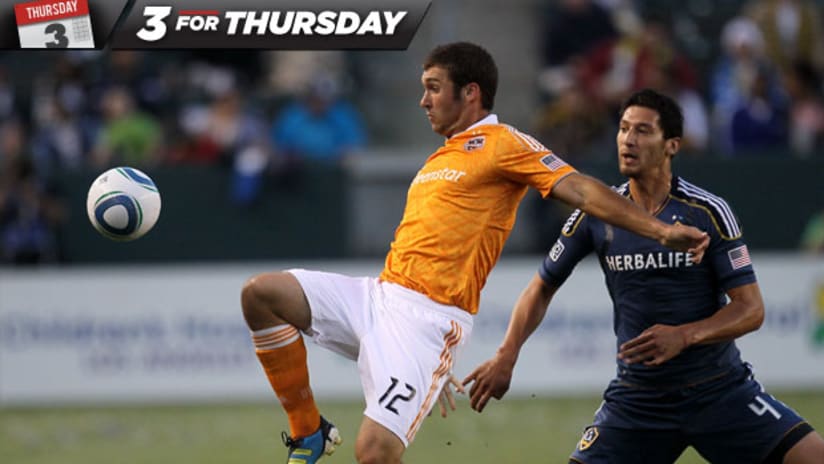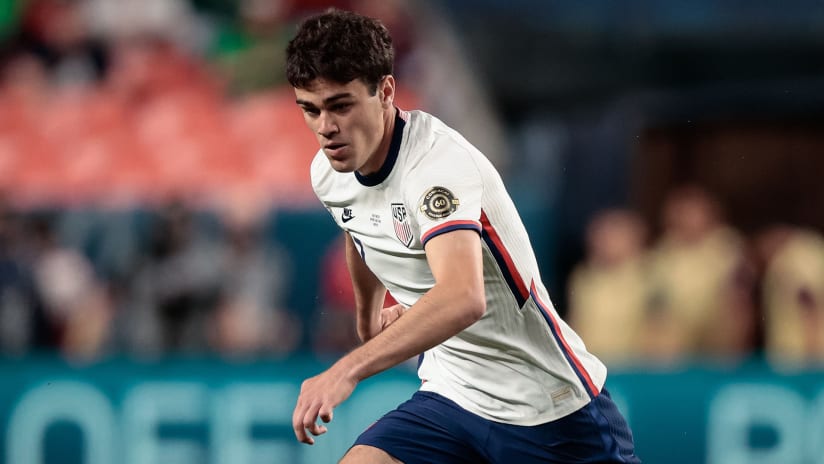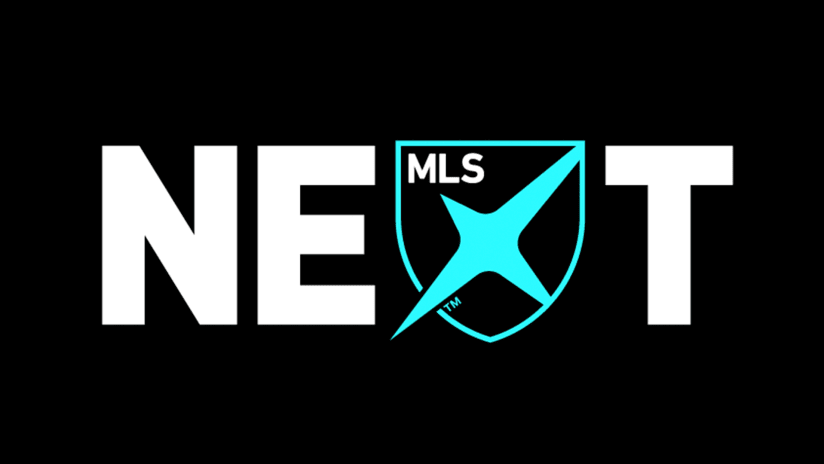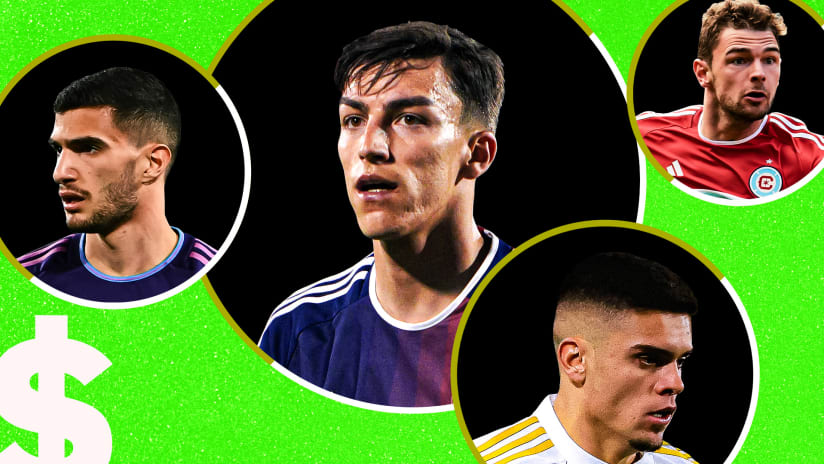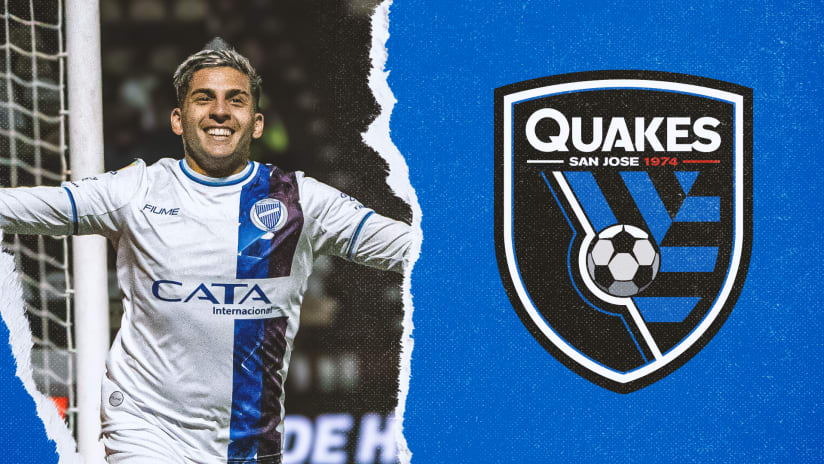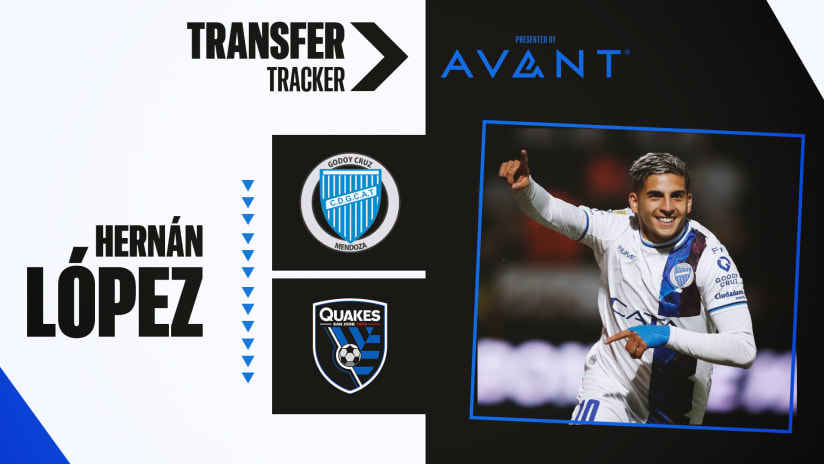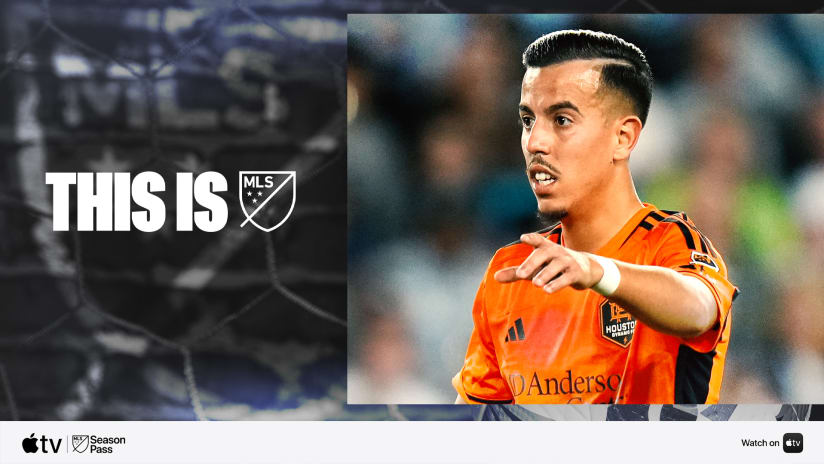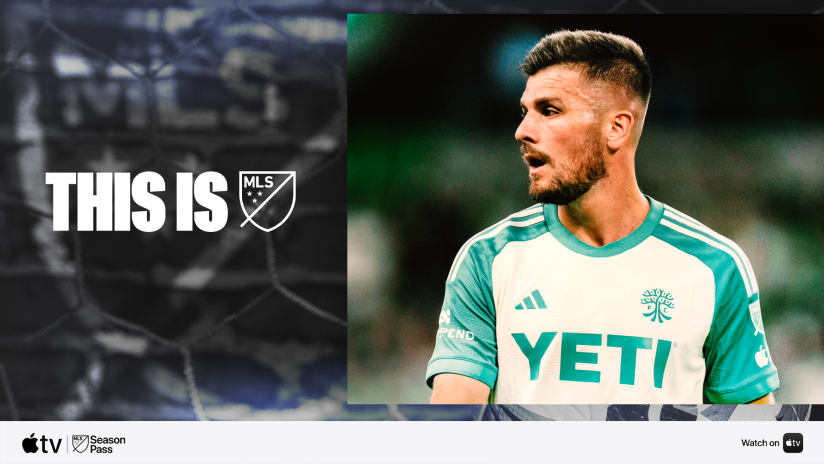By now you’ve hopefully read Jonah Freedman’s thank-you note to David Beckham, and it’s one that was certainly warranted. Without Beckham’s presence, it’s doubtful that MLS would have seen the rapid growth of the last half-decade – growth that has ended up providing both Jonah and myself a living writing about the game and league we love.
So, let me add my thanks: Gracias, Becks. The good certainly outweighed the bad, and I, for one, will never forget when the New York fans rained Monopoly money on you at Giants Stadium. That was fun and just one of the many memorable moments these past six years.
Now, as we all prepare for the departure of the most famous player ever to suit up in MLS (and the sweet, sweet page views his name brings), let’s turn our sights to what we should be thankful for in Beckham’s wake:
1. A league full of young strikers
It’s easy to imagine that at least some of these guys would have gone elsewhere had MLS’ profile in, say, 2011, been the same as it was in 2005 or 2006.
Here’s a list of guys who’ll be 24 or under next year that I expect will hit – or at least approach – double-digit goals:
- Will Bruin
- Jack McInerney
- C.J. Sapong
- Darren Mattocks
- Fabián Castillo
- Luis Silva
- Tony Cascio
- Juan Agudelo
Castillo and Cascio are really wingers, not strikers, but that simply highlights the diversity MLS now has in attack. There’s no one particular model that is universal; it’s a varied, multicultural league, one that’s skewing younger and more skillful. This is the soccer that we’ve all been hoping for since 1996, and very quietly over the last three years, it’s arrived.
2. A league full of packed stadiums
MLS broke every attendance mark in the book this year – most sold-out matches, highest average, highest median, total fans, most teams averaging more than 19,000, most teams averaging more than 20,000, etc. Beckham absolutely played a vital role.
The league’s profile is much, much higher than it was in 2007. The stadiums are better, the players are better and the best part, from my point of view, is that the teams themselves are now the main attraction. It’s one of life’s little ironies that, by signing and marketing the world’s biggest star, the Galaxy helped usher in an era where “The Team is the Star” became the official mantra of one club and the unofficial mantra of at least a dozen others.
There will never be another David Beckham because there isn’t really another David Beckham out there. But beyond that, the realities of who goes to MLS games and why has changed drastically over the last five years. This is the biggest win of the Beckham era.
3. The academy structure is in place and starting to churn out talent
This is not directly attributable to David Beckham, but he certainly made his views on academies known throughout his stay, and it seems unlikely that the structure would have been put into place by now if all the benchmarks of a league beginning to bloom hadn’t been hit. And without Becks, they would not have been.
When the essential history of MLS is written, consensus will be that the development and construction of soccer-specific stadiums was what transitioned the league from “survive” to “thrive” over the first 15 years. The story of the next 15 years will be the academies, and how MLS grows from “thrive” to “world power.”
We’ve been hearing for years about the number of US kids who are playing, but that they don’t get the proper training, college stunts their growth, blah blah blah. And those criticisms, for the most part, weren’t wrong.
But now we’re getting kids who’ve been training in a pro environment since they were 11 or 12. Now we’re getting guys like Andy Najar, who started for a team that made that Olympic quarterfinals, or Jack McBean, who led the Galaxy in scoring in the CONCACAF Champions League group phase.
This will be every bit as important over the next couple of decades as soccer-specific stadiums were over the last couple. We’re on the fringes of the next epoch in US and Canadian soccer history, and nothing makes me more thankful than that.

